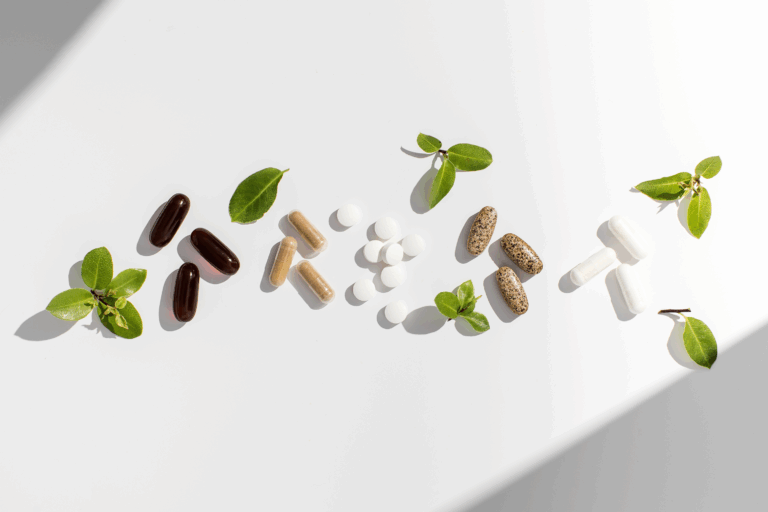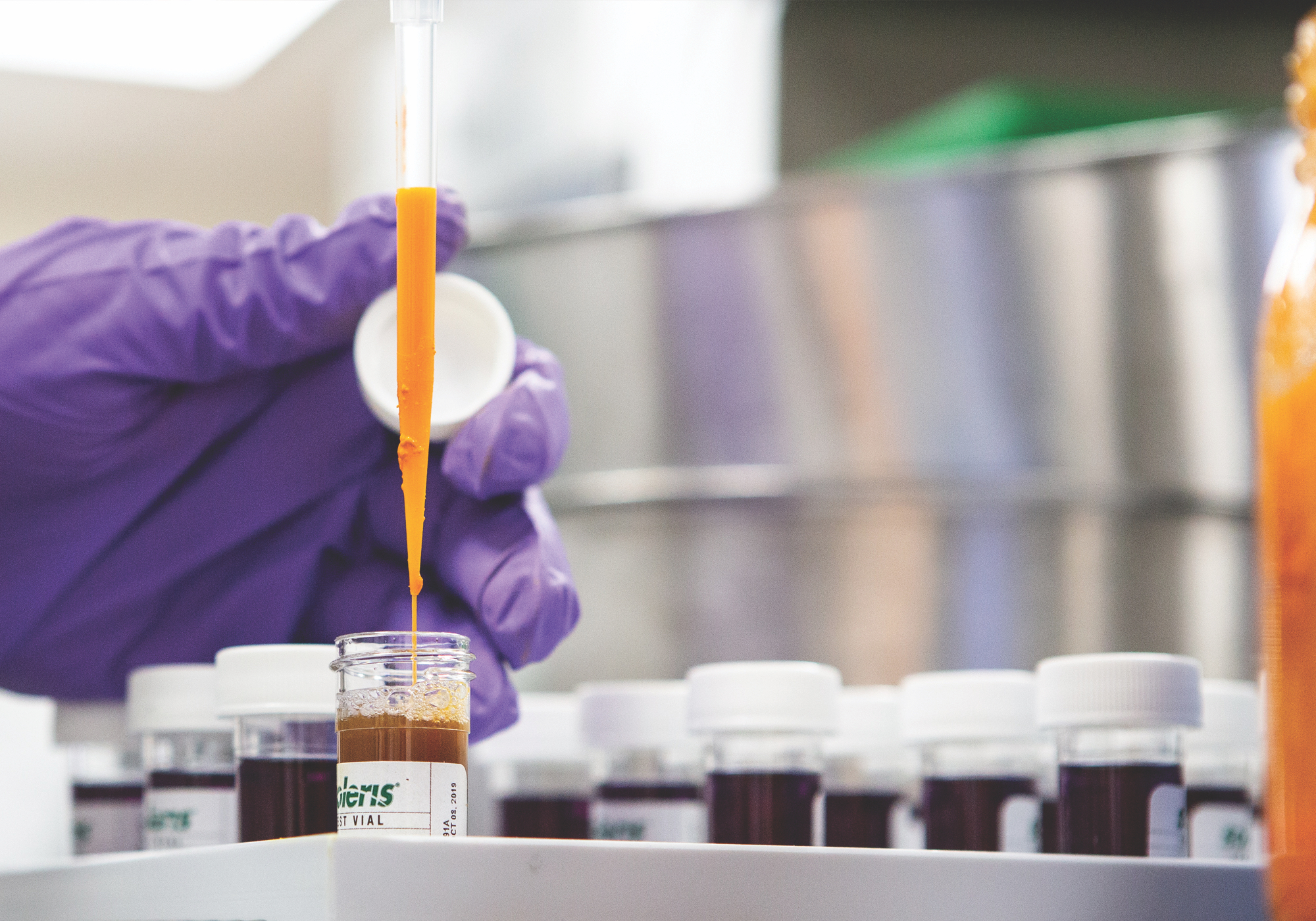Scientific name:Taraxacum officinale
Constituents:
- Sesquiterpene lactones (Bitter principle: taraxacin & taraxacerin)
- Triterpene steroids (sitosterin, taraxasterol, stigmasterin & phytosterin)
- Phenolic acids
- Flavonoids
- Mucilage
- Polysaccharides (inulin & pectin)
- Vitamins (especially carotenoids)
- Minerals, iron, potassium, silicon, magnesium, zinc & manganese
Medicinal actions:
- Leaf:Alterative
- Anti-inflammatory
- Bitter
- Diuretic
- Nutritive
- Root:Alterative
- Anti-cancer (Cytotoxic)
- Anti-inflammatory
- Bitter
- Hepatic (choleretic & cholagogue)
- Immunomodulator
- Laxative
- Nutritive
Mechanism of Action & Pharmacology:
- Sesquiterpene lactones (also referred to as taraxacin) are a form of flavonoid that create an osmotic diuretic effect and are unique to the plant (mostly in leaf). They also contribute to the bitter compounds that help stimulate digestive secretions & peristalsis, and may help improve fat (including cholesterol) metabolism in the liver.
- Polysaccharides & Inulin (mostly in root) activates complement, thus contributing to the anti-inflammatory, & immune-enhancing properties (extracts induce nitric oxide synthase in macrophages).
- Triterpenes sterols in root bear a close structural similarity to cholesterol, which may in part explain the ability to increase the solubility of bile. Triterpenoid taraxasterol has exhibited powerful inhibitory effect on Herpes Simplex, Epstein-Barr early antigen and experimental mammary tumours.
- Leaves are high in potassium, replacing potassium lost in diuresis, thus exerting a potassium-sparing effect.
- Bitter compounds in the leaves and root help stimulate digestion, relieve dyspepsia and have a mild laxative effect.
Pharmacy:
- Decoction (root)
- Infusion (leaf)
- Tincture
- Capsule
- As food or coffee substitute
Safety & Toxicity Concerns:
- Generally very safe herb. However, case reports of allergic reactions and anaphylaxis to ingested bee pollen containing dandelion pollen exist.
- Avoid in known allergy to Asteraceae family.
- Use caution in weak or inflamed digestive organs, as it may cause dyspepsia, flatulence, pain, and diarrhea.
- Use caution in biliary obstruction/inflammation, gallstones, renal disorders (may increase potassium & alter electrolytes).
Interactions:
- May antagonize antacids and quinolones (e.g. ciprofloxacin).
- May have additive effects with diuretics, anti-platelet agents, anti-diabetic agents, steroids and supplemental potassium.







